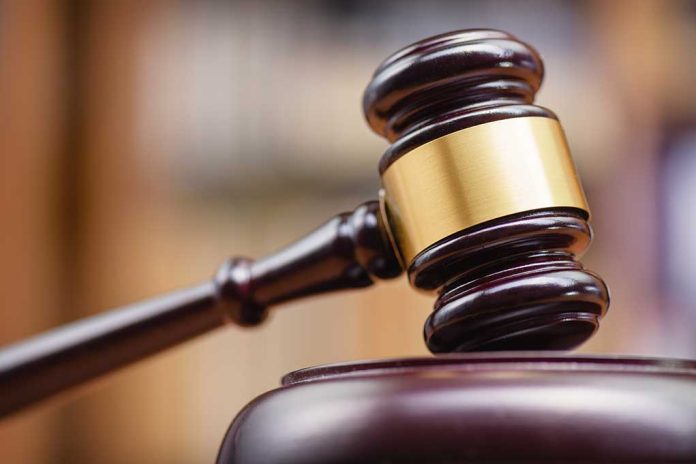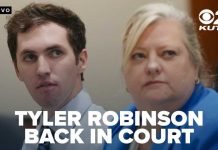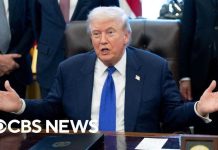
Donald Trump’s unprecedented criminal conviction for making hush money payments during his 2016 campaign has resulted in an “unconditional discharge.”
At a Glance
- Donald Trump has been sentenced to an unconditional discharge in his hush money case.
- The judge ruled Trump’s election victory shielded him from penalties.
- Conviction involved payments to Stormy Daniels and Karen McDougal.
- Trump maintains innocence, claims trial is a “political witch-hunt”.
Unconditional Discharge Explained
Judge Juan Merchan has sentenced Donald Trump to an unconditional discharge in his hush money case. This sentence, despite confirming Trump’s status as a convicted felon, does not entail any immediate penalties such as fines, jail time, or probation. Trump’s legal team was quick to announce plans for an appeal, challenging this historic ruling.
Trump’s conviction stems from 34 counts of falsifying business records, related to hush money payments to adult film actress Stormy Daniels. These payments, prosecutors said, were intended to suppress stories about alleged extramarital encounters during his presidential campaign. Trump’s former lawyer, Michael Cohen, provided crucial testimony in the case.
President-elect Trump was spared any punishment for his hush money criminal conviction Friday when a New York judge sentenced him to an unconditional discharge. https://t.co/0dCV8lonKY
— WNCT (@wnct9) January 10, 2025
Legal and Political Implications
The decision to issue an unconditional discharge underscores the unique legal circumstances surrounding Donald Trump. Justice Juan Merchan noted that Trump’s election victory provided considerable protection, mitigating potential penalties like up to four years in state prison. Trump’s legal arguments hinge on presidential immunities and the legitimacy of evidence presented during the trial.
“Donald Trump the ordinary citizen, Donald Trump the criminal defendant, would not be entitled to such considerable protections,” Merchan said.
The controversy surrounding this case has reignited discussions about accountability in the political arena. Prosecutor Joshua Steinglass has accused Trump of showing no remorse, while Trump’s lawyer, Todd Blanche, criticized the trial as politically motivated. Trump’s status as the first convicted felon to take the presidency places further emphasis on the diverse views regarding justice for public figures.
Future Developments
Despite the unconditional discharge, Trump’s legal challenges are far from over. Trump’s legal team aims to appeal the conviction, focusing on aspects they deem improper such as evidence and jury instructions. Notably, Trump’s plans could delay prolonged legal battles and maintain public interest on forthcoming federal charges related to classified documents and election interference.
“We’re going to appeal anyway … because, frankly, it’s a disgrace,” Trump said after his sentencing.
The prominence of these legal issues will continue to shape public perception and political landscapes, with further developments expected in coming months. Trump’s unique position in history as both a convicted felon and a possible second-term president positions his legal battles at the forefront of American political discourse.
Sources
- What Trump’s sentence of ‘unconditional discharge’ means
- Donald Trump was sentenced, but he already has said he will appeal. Here’s how that works
- Donald Trump sounds off, says Dems lost ‘pathetic’ witch hunt as he gets no-penalty sentence in ‘hush money’ case













